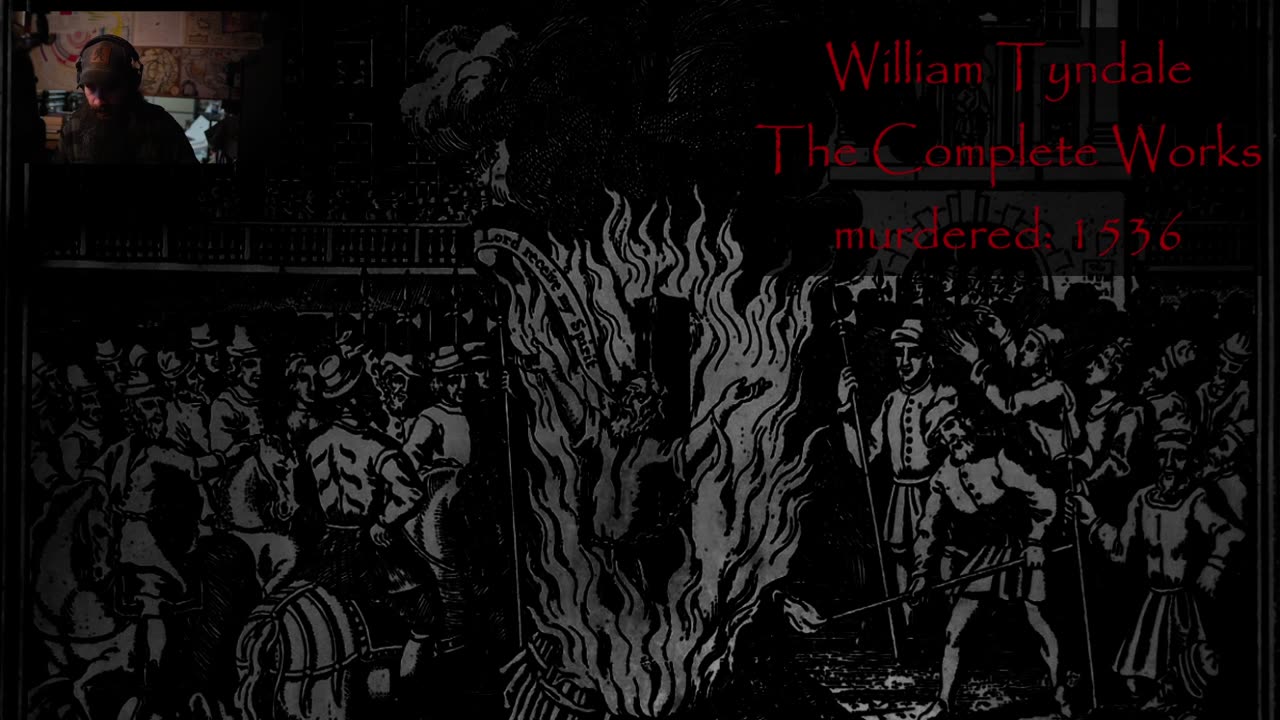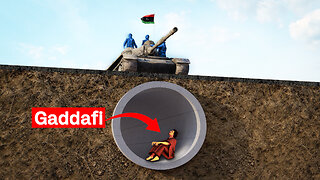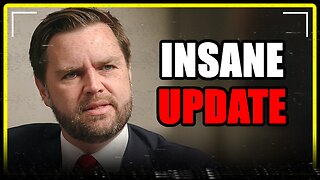Premium Only Content

37p163
37p163
The video discusses the various officers ordained by the apostles in Christ's Church, detailing their roles and responsibilities. It elaborates on the positions of Bishop (Overseer) and Deacon, highlighting the significance of age, experience, and communal aid within the church. The dialogue also addresses the issues of wealth distribution within the church and the conflicts arising from the extravagant lifestyles of some church leaders, especially in the context of the historical struggles against external threats such as the Turks.
Key Points:
Role of Bishops and Deacons
The apostles ordained two main officers in the Church: Bishops, also referred to as Overseers or Priests, and Deacons. Bishops were seen as elderly men with experience, tasked with the spiritual oversight of the congregation and leading them in Christ's teachings. Deacons were responsible for ministering to the poor and needy, ensuring that communal love and resources were shared fairly among church members.
Community Support and Wealth Distribution
In the early church, there was a strong emphasis on communal support, where the wealthy contributed to the needs of the less fortunate. Deacons played a major role in organizing this support. However, the video highlights that despite this spirit of generosity, issues arose when church leaders hoarded wealth instead of using it to assist the poor, leading to corruption and a neglect of their spiritual duties.
Influence of External Conflicts on the Church
The narrative includes historical references to how the richness of the church became a point of contention, especially during external conflicts, such as the rise of the Turks. It describes how church treasures were often viewed with disdain by political leaders, who expected the church to allocate its wealth towards supporting military efforts, which the church often failed to do, thus leading to greater tensions between civil and ecclesiastical authorities.
Criticism of Ecclesiastical Leaders
The video critiques certain ecclesiastical leaders for their materialism, noting that many were more concerned with earthly treasures than with the spiritual well-being of their congregation. This emphasis on wealth led to a decline in the moral standing of the church during critical historical periods when unity and collective resources were essential for survival.
Historical Consequences of Church Wealth
Historical consequences of wealth amassed by the church included instances where treasure intended for communal support was seized or mismanaged. This not only strained the church’s relationship with political authorities but also undermined its integrity and ability to fulfill its guiding mission during times of crisis.
-
 LIVE
LIVE
FyrBorne
14 hours ago🔴Warzone M&K Sniping: Builds So Strong They Think I'm Hacking
295 watching -
 LIVE
LIVE
BEK TV
2 days agoTrent Loos in the Morning - 8/25/2025
901 watching -
 4:23
4:23
Blackstone Griddles
16 hours agoEasy Salmon Dinner on the Blackstone Griddle
36K2 -
 8:10
8:10
WhaddoYouMeme
1 day ago $0.08 earnedChristians, Before You See “Testament”, Watch this!
13.5K5 -
 8:42
8:42
Freedom Frontline
15 hours agoDurbin’s Trump Smear Video Just HUMILIATED Him in the Senate
20K6 -
 10:56
10:56
ariellescarcella
13 hours agoThe Shocking Divide Among College Voters Sparks Worry For America
14.6K7 -
 13:09
13:09
Forrest Galante
11 hours agoWildlife Expert Reacts To Deadly Australian Animal TikToks
64.7K10 -
 12:08
12:08
Zoufry
2 days agoThe Mystery of Gaddafi's Final 24 Hours
21.8K17 -
 18:25
18:25
Liberty Hangout
13 days agoAnti-Ice Demonstrators Love Poop!
57.2K73 -
 9:39
9:39
MattMorseTV
17 hours ago $1.24 earnedVance just DROPPED a BOMBSHELL.
49.1K68